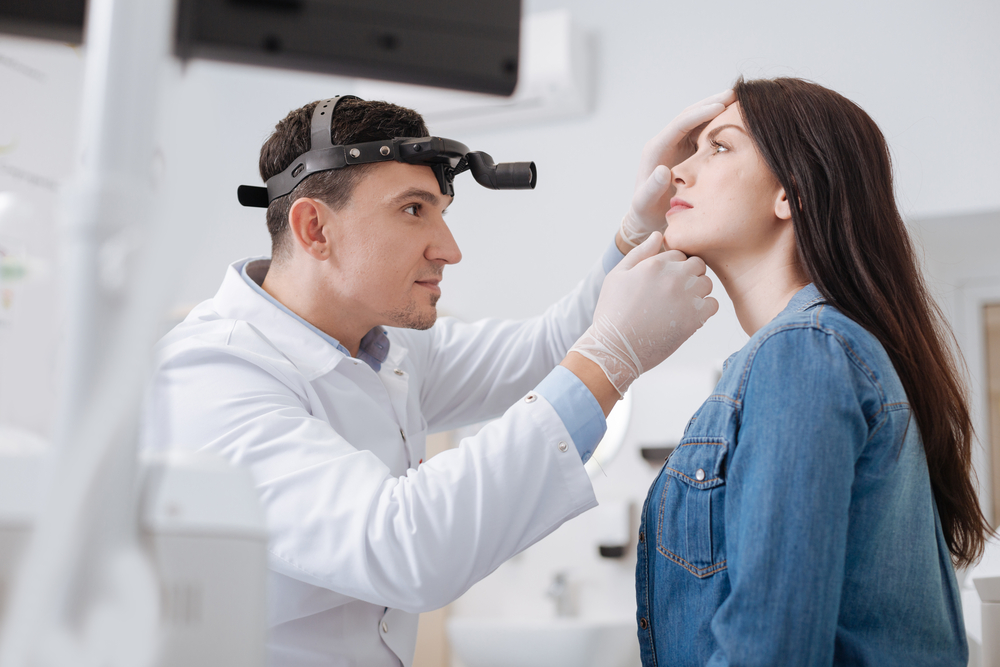
Sinus infections, or sinusitis, can be more than merely an occasional annoyance.
Some people experience long-lasting infections that can last for weeks or come back frequently, resulting in constant facial pressure, congestion, and tiredness.
In contrast to prevalent belief, a chronic sinus infection is frequently more than simply a lingering cold, with underlying factors at play that can complicate the issue. From environmental irritants to physiological issues, numerous factors can add to chronic or persistent sinus problems.
To break the cycle of recurring or relentless sinus infections, it’s essential to determine the root causes and discover the different treatment options, paving the way for effective and long-term solutions.
What causes long-lasting or frequent sinus infections?
Sinus infections can vary in their causes. While some are the outcome of a common cold or allergies during certain times of the year, others may be the result of less identified factors that are often overlooked in everyday routines. Causes and factors of persistent sinus problems revealed:
Contact with water treated with chlorine
Frequent swimming, particularly in pools with high chlorine levels, can aggravate the nasal lining. This irritation can result in swelling and mucus accumulation, which blocks sinus drainage and creates a breeding ground for bacteria.
Suggestion: To prevent intensifying nasal congestion, it is advisable to refrain from putting your head underwater or engaging in swimming activities when you have allergies or respiratory infections.
Obstructions of the nasal passages and nasal polyps
Small, non-cancerous growths known as nasal polyps can develop in the sinuses or nasal cavity. These growths can block airflow and trap mucus, increasing your danger of infection. Prevalent symptoms include headaches, decreased sense of smell, and facial pressure.
Treatment Solutions:
- Sprays featuring corticosteroids for shrinking polyps
- Minimally invasive surgery in more extreme cases
Tobacco use and secondhand smoke
Inhaling cigarette smoke can cause inflammation in the sinuses, damage the protective lining of the mucous membranes, and reduced your body’s ability to fight off infections. This combination makes it more difficult for the body to eliminate infections, resulting in extended symptoms and more extreme episodes.
Key takeaway: Giving up the smoking habit and staying away from secondhand smoke can have a solid positive impact on the health of your sinuses.
Environmental and seasonal allergies
Allergens such as pollen, mold spores, dust mites, and pet dander can trigger swelling in the nasal passages. This inflammation blocks the normal flow of fluids and promotes the growth of bacteria. This is especially valid during peak allergy season.
Treating your allergies with medication or allergy shots can reduce your chances of developing sinus infections.
Bacterial vs. viral sinus infections
The majority of sinus infections begin as viral, meaning they’re a result of the common cold and don’t require antibiotics. If symptoms stick around for an extended time frame of 10 days or longer, or if they initially show signs of improvement only to deteriorate again, it is possible that a secondary bacterial infection has set in.
- Viral sinusitis: Usually clears up with rest, hydration, and over-the-counter medications.
- Bacterial sinusitis might necessitate a course of antibiotics to achieve complete healing.
Signs you should see an ENT specialist
While the majority of sinus infections resolve within 7– 14 days, some instances necessitate medical attention. Consult a specialist if you have these symptoms:
- Headaches that don’t clear up with medication
- Worsening facial pain
- Yellow or green nasal discharge, especially when accompanied by a fever
- Irritation or sensitivity in the eyes or nasal region
- Recurring symptoms following antibiotic treatment
- Prolonged nasal obstruction exceeding a 14 days
These symptoms could indicate a chronic sinus condition that needs advanced evaluation and care.
How ENT specialists diagnose and treat persistent sinusitis
Ear, Nose, and Throat (ENT) specialists are specially trained to address sinus conditions that go beyond simple congestion. Their thorough diagnostic evaluations aim to determine underlying problems including structural damage, chronic infections, or inflammation triggered by allergic reactions.
Here is What Treatment Might Look Like:
- Medications prescribed to alleviate swelling or combat bacterial infections
- Allergy management plans customized to your sensitivities
- Sinus surgery to fix structural problems
- Minimally invasive treatments to reestablish normal fluid flow
These treatments provide a long-term resolution for people who have endured persistent health issues or recurring spells of sickness, providing them with sustained comfort and improved well-being.
Don’t wait
If you are finding that chronic sinus infections are impacting your breathing, sleep, or concentration, it is important to speak with a specialist for proper treatment.
An ear, nose, and throat specialist is able to identify the root cause of your symptoms and develop a customized treatment strategy to improve your well-being.